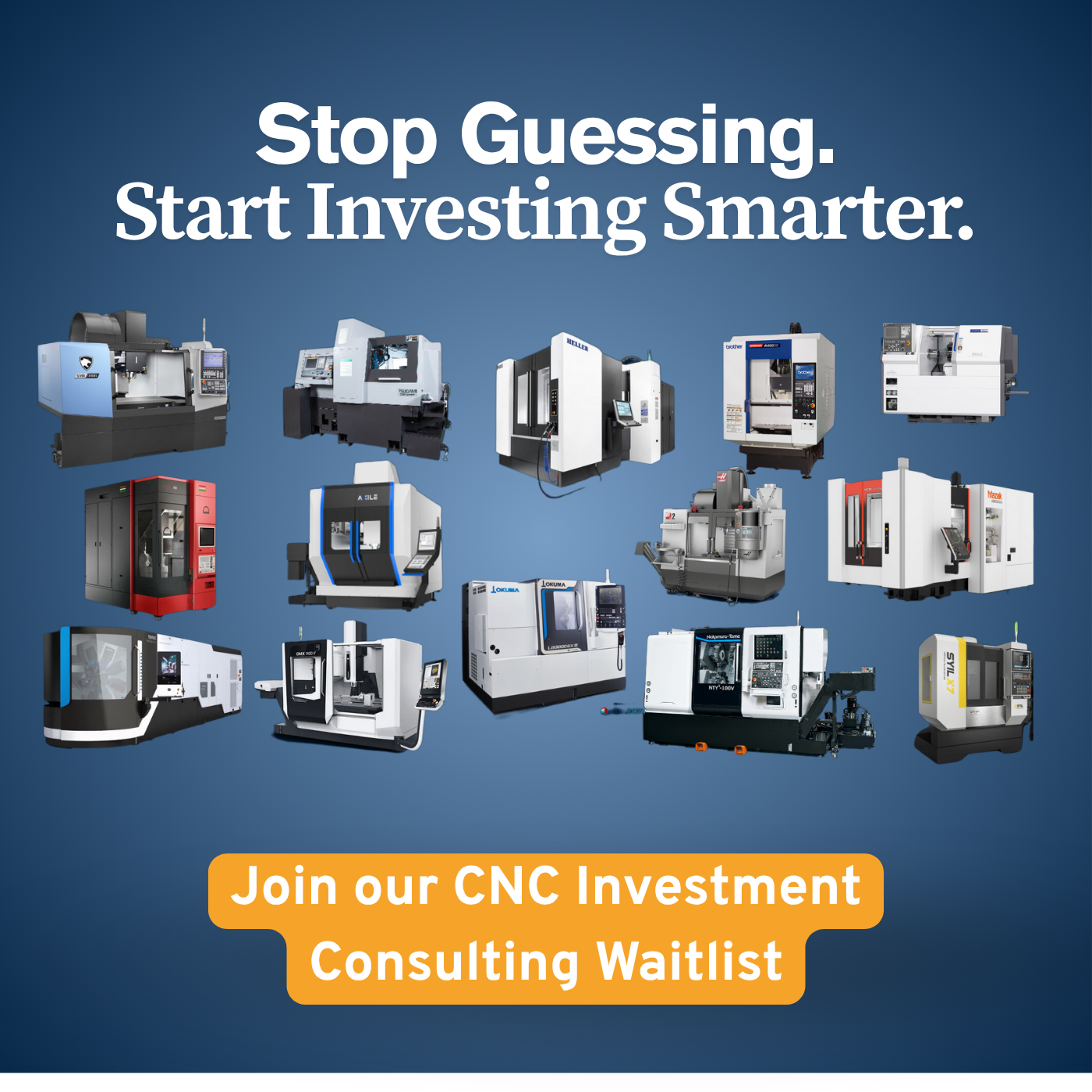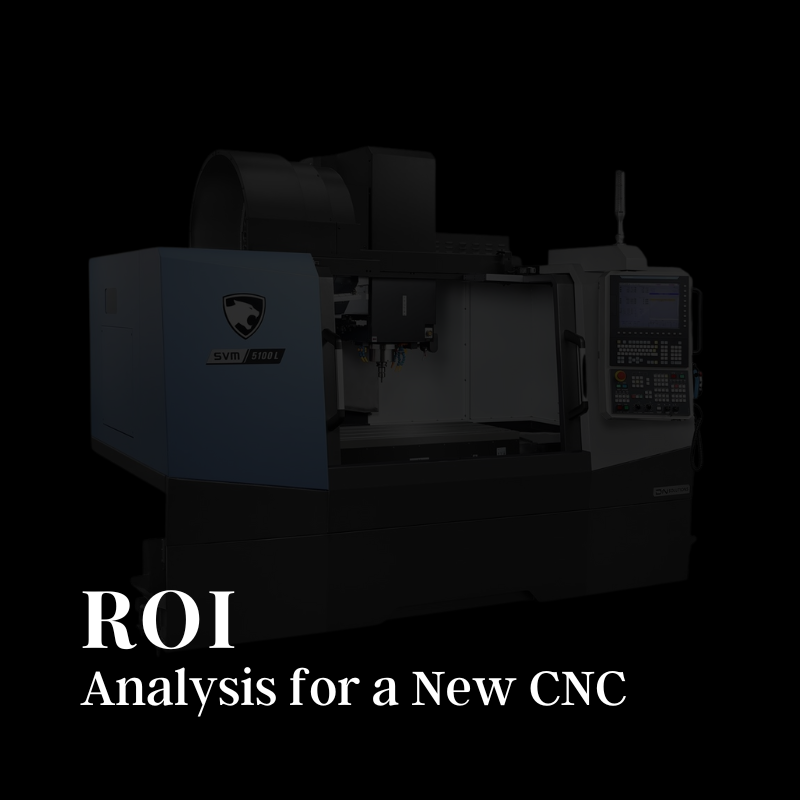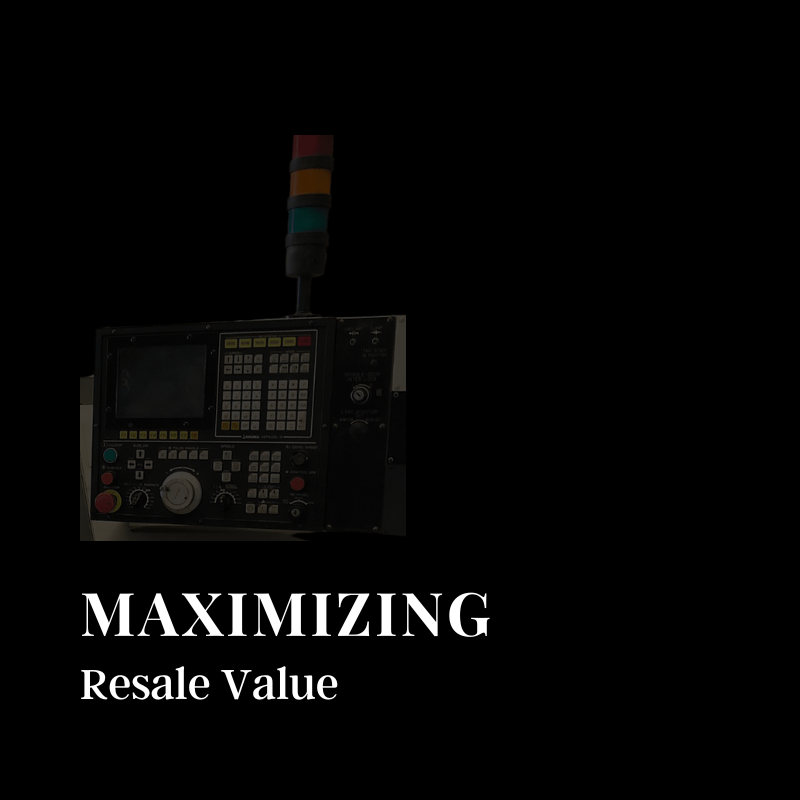Navigating the financial landscape for purchasing CNC machinery can be challenging. With a range of financing options available, making the right choice is crucial for your business’s financial health. This article aims to guide you through the various financial options for CNC machine purchases, helping you make an informed decision that aligns with your business objectives and budget constraints.
As a whole, financial options for purchasing a CNC machine include traditional loans, leasing, hire purchase agreements, and sometimes even specialized manufacturing or small business loans. Each option comes with its own set of benefits and considerations, such as interest rates, payment terms, tax implications, and ownership rights at the end of the agreement. Understanding these nuances is key to selecting a financial solution that matches your business's cash flow and long-term investment strategy.
We’ll explore how to assess the advantages and drawbacks of each, ensuring you choose a path that best supports your business’s operational and financial goals.
Understanding Your CNC Machine Financing Options
Detailed Answer: Purchasing a CNC machine is a significant investment, and choosing the right financing option is as important as selecting the machine itself. Here’s a closer look at the most common financing routes:
- Traditional Loans: Offered by banks and financial institutions, these loans can cover the full cost of the machine. Interest rates and terms vary, so it’s important to shop around for the best deal.
- Leasing: With leasing, you pay a monthly fee to use the machine without owning it. This can be a good option if you want to avoid a large initial outlay or if you plan to upgrade the machine frequently.
- Hire Purchase Agreements: Similar to leasing, but with the option to purchase the machine at the end of the term. This is often used by businesses that want to spread the cost over time but eventually own the machine.
- Specialized Manufacturing or Small Business Loans: Some lenders offer loans tailored to the needs of manufacturing businesses, which may come with more favorable terms for CNC machine purchases.
Each option impacts your business’s finances differently. Traditional loans and hire purchase agreements can lead to ownership, which is an asset for your company. Leasing, while more flexible, can be more expensive in the long run and doesn't result in ownership. Consider the financial health of your business, your long-term plans, and the specific terms and conditions of each option before making a decision.
When exploring financial options for a CNC machine purchase, consider:
- The total cost of each financing option over the term of the agreement.
- How the monthly payments affect your cash flow.
- The tax implications of purchasing versus leasing.
- Your long-term business strategy and equipment needs.
- Seeking advice from a financial advisor to understand the nuances of each option.




